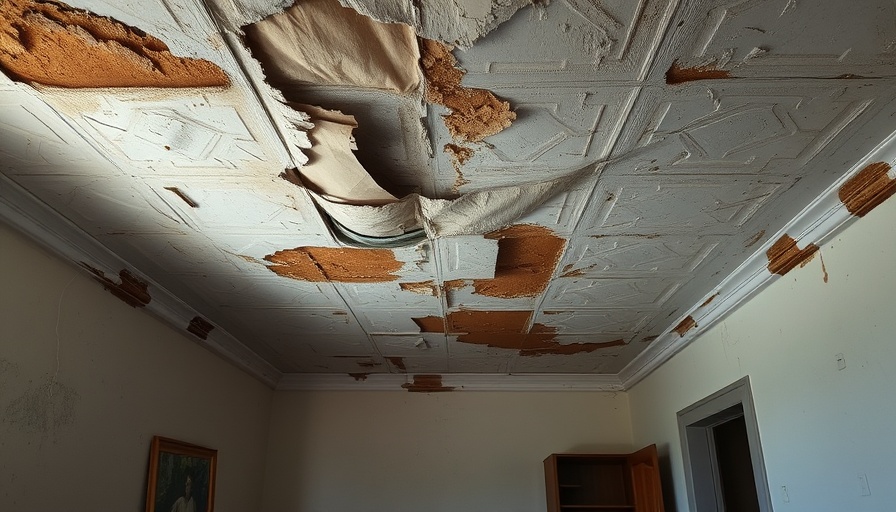
Understanding the Limits of Security Deposits
For tenants and landlords alike, the relationship revolving around security deposits can be complex. A security deposit is typically collected to cover damages that may occur during tenancy. However, when damages exceed this deposit, landlords can take legal action. This article aims to enlighten tenants on how they can safeguard themselves and provide landlords with insight into their legal rights.
When are Landlords Entitled to Sue for Extra Damages?
Damage claims made by landlords arise when repair costs exceed the value of the security deposit. Normal wear and tear is expected from everyday living, but excessive damages resulting from negligence, misuse, or deliberate harm give landlords grounds to seek additional compensation through the courts. For instance, if a tenant causes significant water damage or vandalizes the property, a landlord is likely entitled to recover costs that vastly exceed their deposit.
Documenting the Property Condition: A Tenant's Best Defense
To protect themselves, tenants should document the conditions of the property thoroughly before moving in. Taking time-stamped photos and keeping notes can serve as evidence in disputes over security deposits. By understanding the differences between normal wear and damages, tenants can better prepare themselves to defend their cases.
Normal Wear and Tear vs. Damages: A Fine Line
Normal wear and tear refers to gradual deterioration resulting from average use, such as minor scuff marks on walls or carpet wear in high-traffic areas. In contrast, damages like holes in walls, broken appliances, or major stains can lead landlords to seek compensation beyond the deposit.
Prevention: Communicate and Maintain the Property
Establishing open lines of communication between landlords and tenants is essential. For tenants, returning the unit in good condition can prevent disputes. Landlords should perform regular maintenance and encourage tenants to report any issues promptly to prevent minor damages from escalating.
Legal Considerations for Landlords
Landlords eyeing potential lawsuits should consider consulting with real estate attorneys to understand the legal implications of their claims. State laws may dictate the timeframe for taking legal action and the types of damages recoverable.
Future Trends: Evolving Rental Markets
As the real estate market evolves, so too does the situation concerning rental agreements and security deposits. Tenants are becoming more informed about their rights, and landlords are adapting their expectations to align with tenant awareness. Innovative tools and legal frameworks are emerging to support both parties, making transparency key in future landlord-tenant relationships.
Final Thoughts: Stay Informed
Understanding the nuances of security deposits and damages is crucial for both landlords and tenants. By staying informed about their rights, both parties can navigate potential conflicts more effectively. For additional steps, reviewing your lease, maintaining clear communication, and understanding local laws can further enhance your renting experience.
 Add Row
Add Row  Add
Add 



Write A Comment